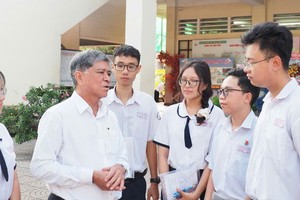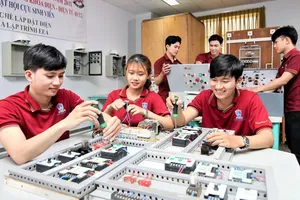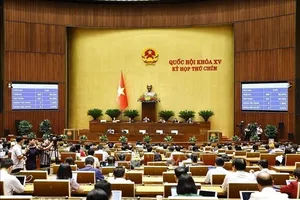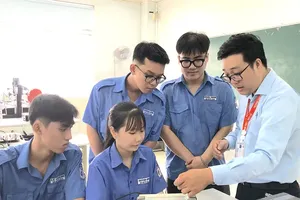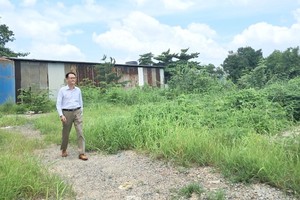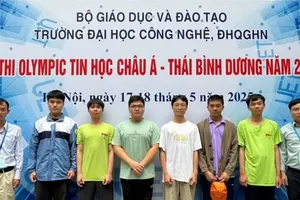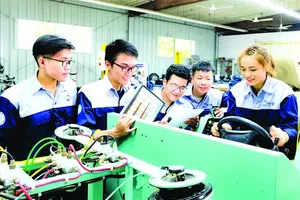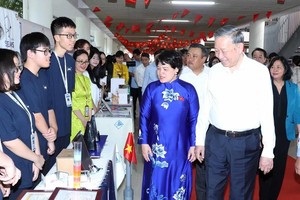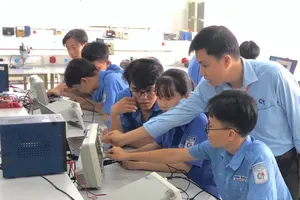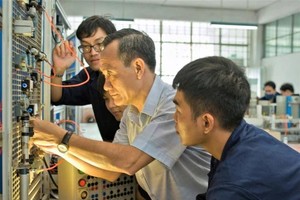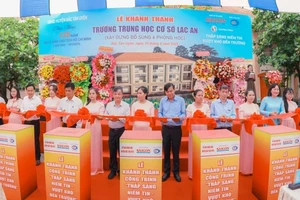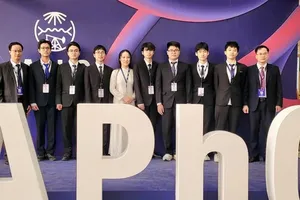While other schools around the globe have encouraged students to evaluate their teachers for years, assessing their instructors is new to Vietnamese youth. In a conservative country with an age-old tradition of respect for teachers, expressing constructive criticism is uncomfortable for many young people.
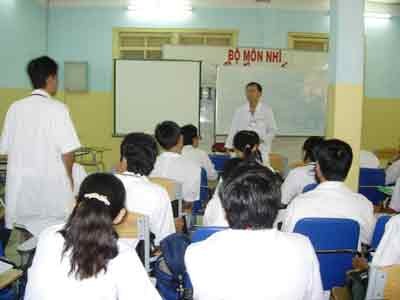
Under new Ministry of Education and Training (MoET) regulations, student evaluations of lecturers have been introduced at all universities and colleges nationwide.
However, many school officials are unsure about how to implement an assessment system without hurting teachers’ feelings or negatively affecting their careers.
Most students hesitate to assess their lecturers’ teaching methods and abilities, said Huynh Thanh Tien of An Giang University.
The institution’s steering board committee recently asked pedagogy faculty students to fill out teacher evaluations, but 10 percent declined to give any feedback.
Due to the sensitivity of the issue in Vietnam, experts say school officials should encourage both lecturers and students to look at the process as improving the country’s education standards.
A lecturer at the HCM City University of Social Sciences and Humanities, who wished to remain anonymous, said that if properly employed, schools, students and teachers could all benefit from such evaluations.
Some people have suggested that instead of directly assessing educators, students should instead judge the quality of their educational assignments and activities.
Experts emphasize that teacher evaluation forms should only be administered by someone other than the students’ educators to allow youth to feel free to express themselves anonymously. Moreover, teachers should only be assessed at the end of class or the end of a semester.
Some universities like Can Tho, Thai Nguyen Pedagogy, HCMC Pedagogy and higher-education institution members of Vietnam National University-Ho Chi Minh City (VNU-HCM) have conducted their own forms of teacher evaluations.
The HCMC Polytechnic University, for instance, asks students to assess graduation standards only, while the HCM City University of Social Sciences and Humanities accepts student input over the Internet.
Critics say the evaluation process is not altogether objective, however. Students often assess instructors based on their personal feelings because they have been awarded low or high marks and do not evaluate the teacher’s effectiveness as an educator. Meanwhile, a teacher who is too strict or serious may receive an unfavorable assessment though they are well qualified.
Universities thus need to be prudent in weighing assessments by students. Some educational institutions have set up steering board committees to investigate dubious evaluations to ensure teachers are treated fairly.
Le Xuan Sinh of the Open University said that as Vietnam begins applying more learner-centered teaching methods, it is also a good time to introduce assessments of lecturers. The problem to be overcome, however, is to make students feel comfortable about giving honest, constructive feedback.
